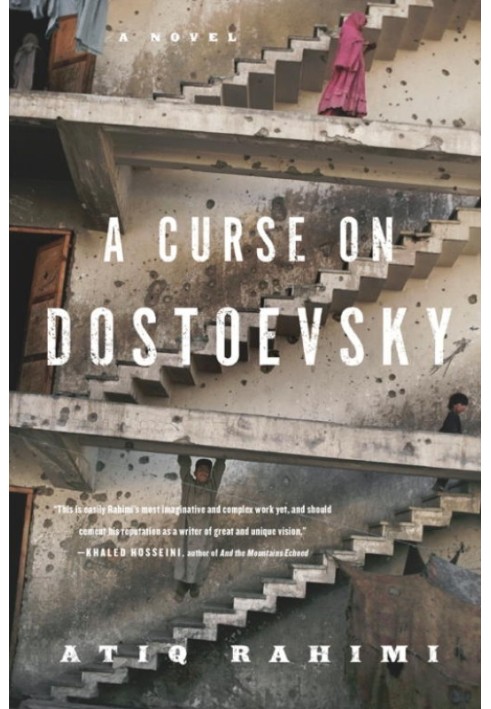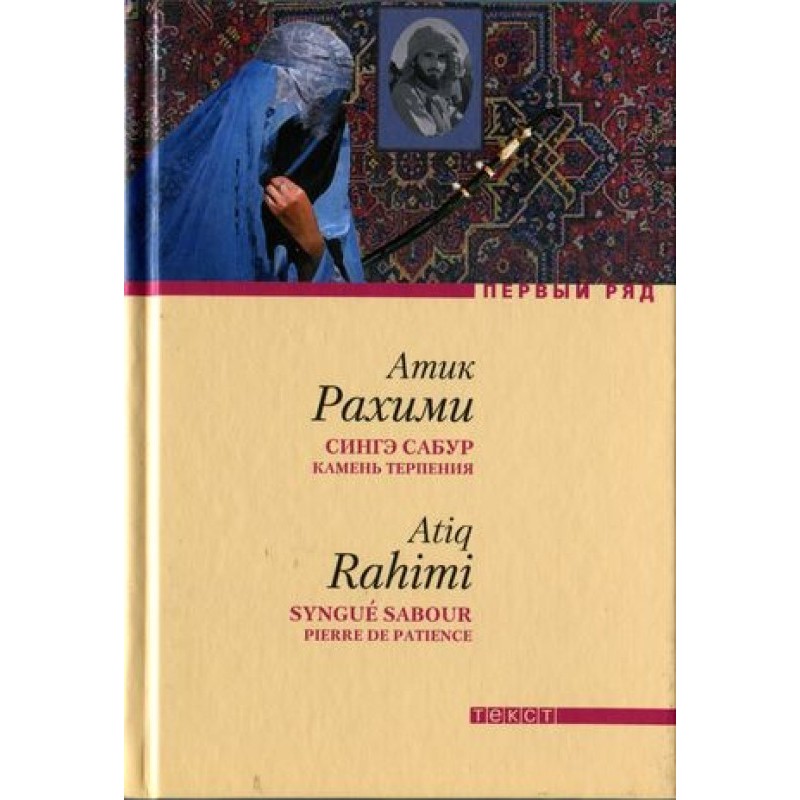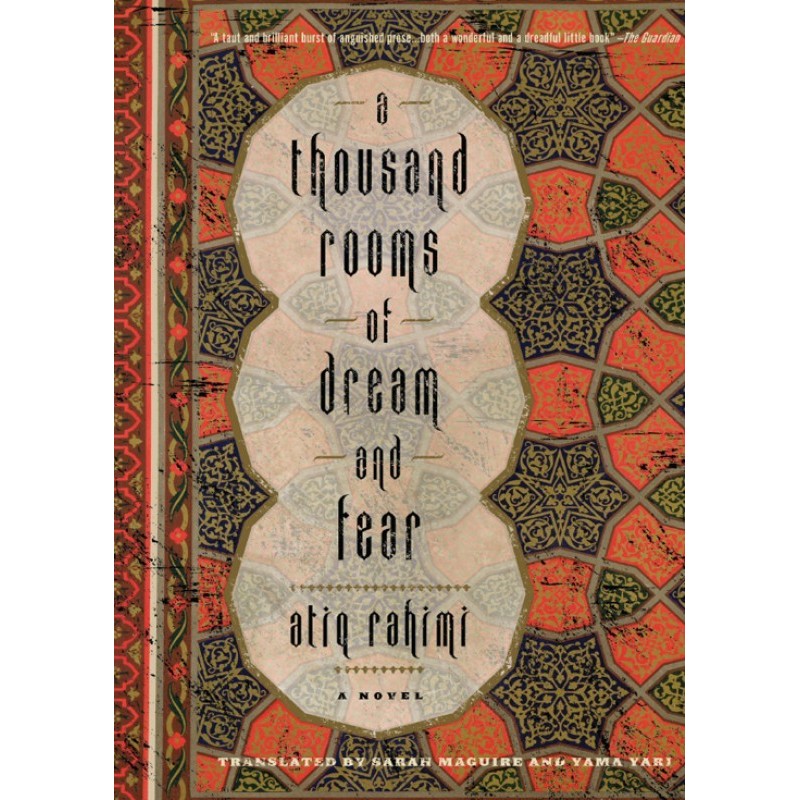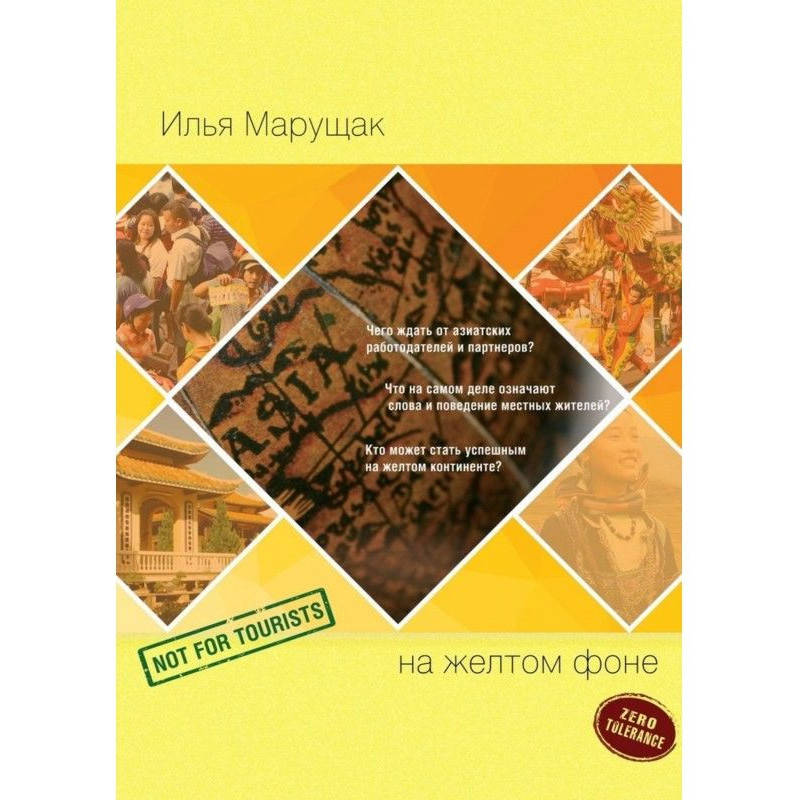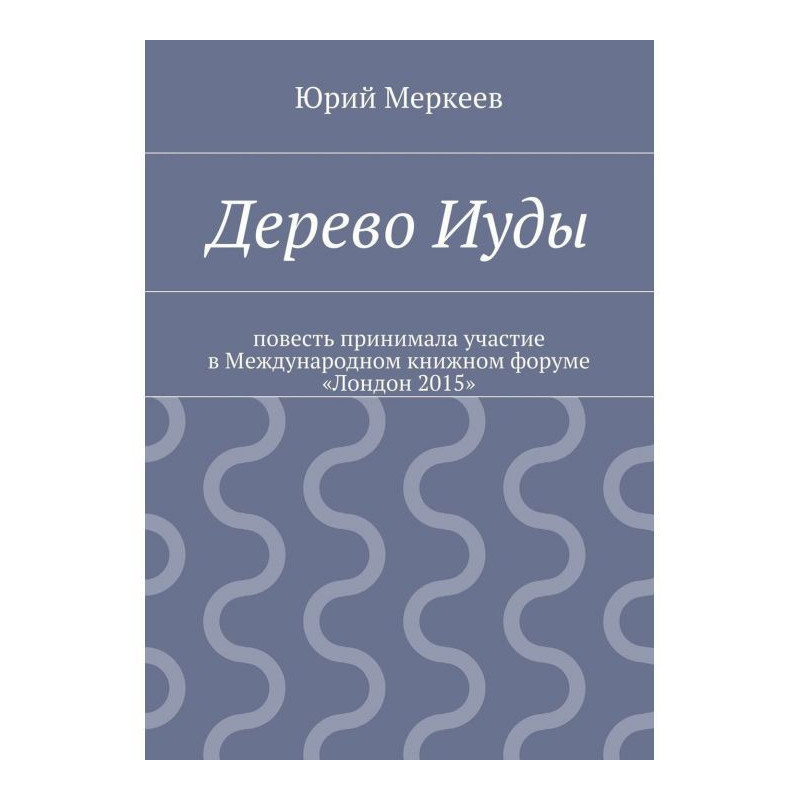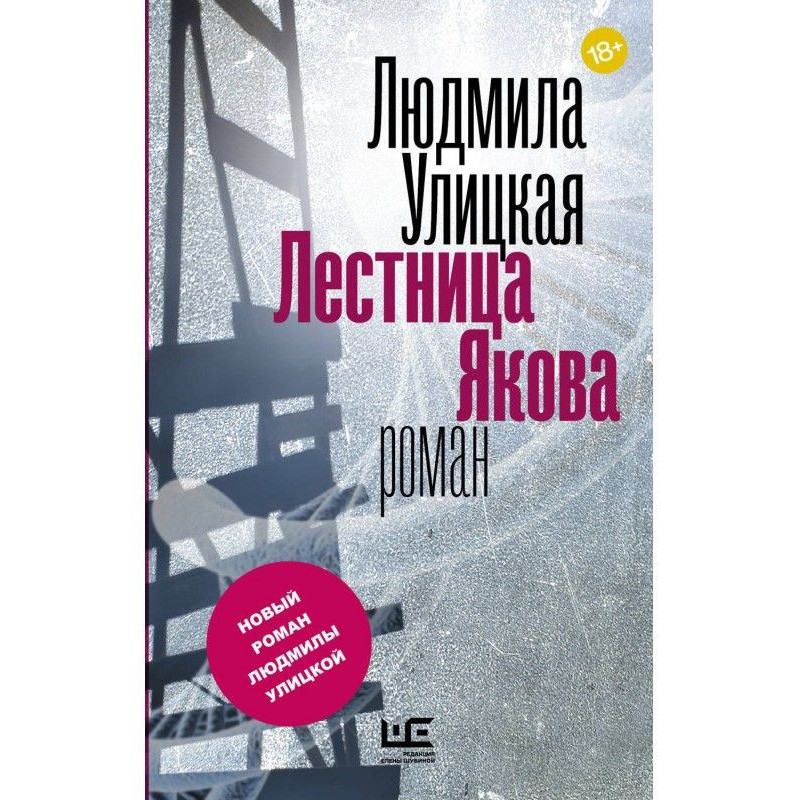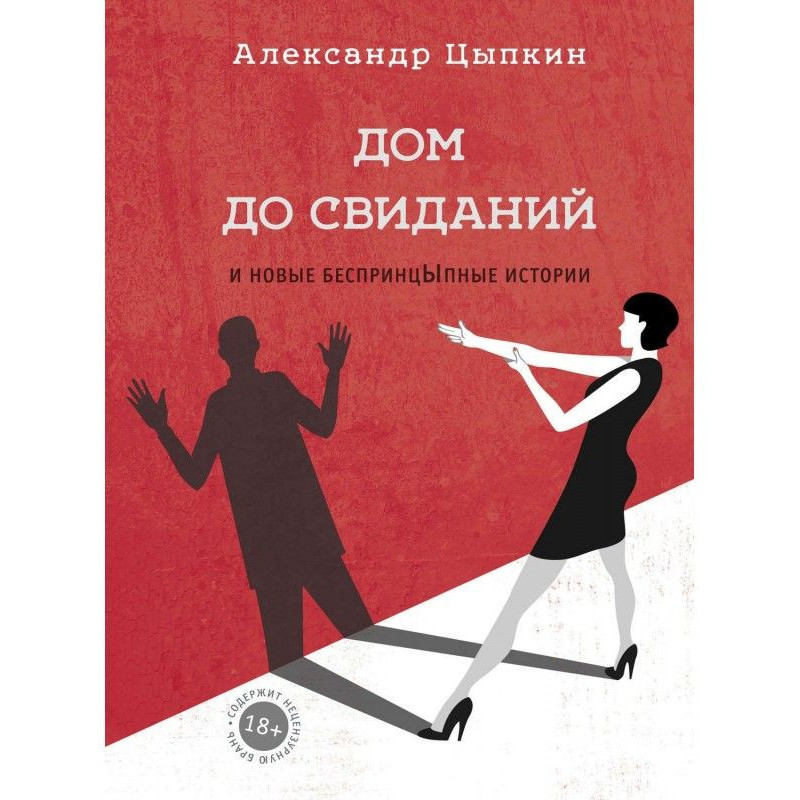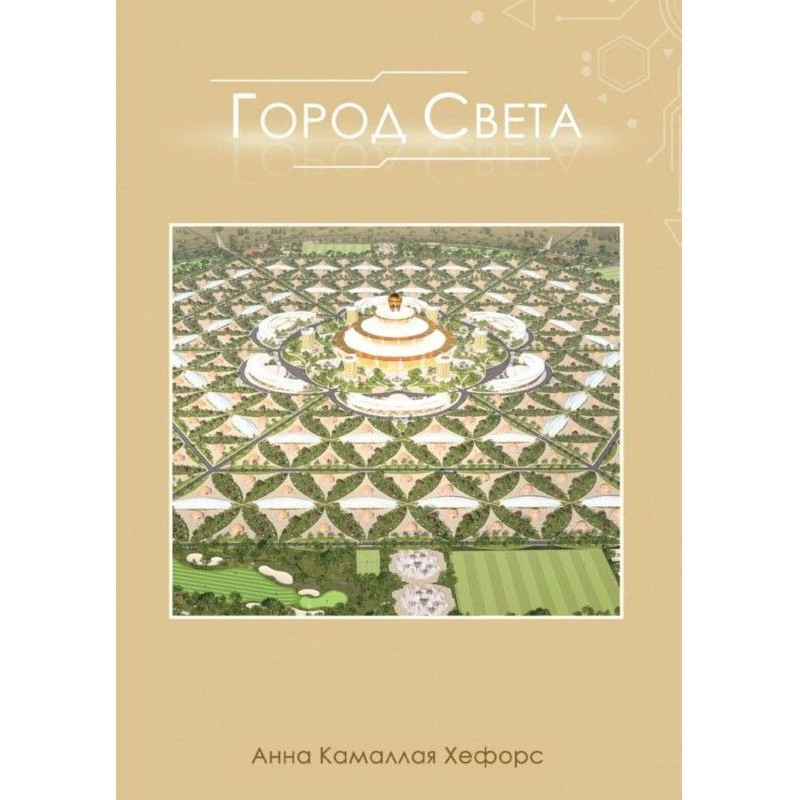A Curse on Dostoevsky
 Instant download
Instant download
after payment (24/7)
 Wide range of formats
Wide range of formats
(for all gadgets)
 Full book
Full book
(including for Apple and Android)
Reading Dostoevsky in Afghanistan becomes “crime without punishment”Rassoul remembers reading Crime and Punishment as a student of Russian literature in Leningrad, so when, with axe in hand, he kills the wealthy old lady who prostitutes his beloved Sophia, he thinks twice before taking her money or killing the woman whose voice he hears from another room. He wishes only to expiate his crime and be rightfully punished. Out of principle, he gives himself up to the police. But his country, after years of civil war, has fallen into chaos. In Kabul there is only violence, absurdity, and deafness, and Rassoul’s desperate attempt to be heard turns into a farce.This is a novel that not only flirts with literature but also ponders the roles of sin, guilt, and redemption in the Muslim world. At once a nostalgic ode to the magic of Persian tales and a satire on the dire reality of now, A Curse on Dostoevsky also portrays the resilience and wit of Afghani women, an aspect of his culture that Rahimi never forgets.Review
“Rahimi turns his attention to Crime and Punishment and juxtaposes literature against the Muslim world in Kabul, the themes of civil war, chaos, sin, guilt and redemption for Afghani women again being the theme. ‘Crime without punishment?’”—Electric Literature
“A darkly comic meditation on life in a lawless land… In restrained prose, Rahimi explores both the personal and the political; it’s both in dialogue with a classic and is daringly outspoken.”—Publishers Weekly
“In a rare imaginative feat, Rahimi renews many of Dostoevsky’s original psychological insights and opens piercing new ones. Unforgettable.”—Booklist (Starred) Review
“Atiq Rahimi, like the great story tellers of Afghanistan, is a master of using a small moment to tell the sweeping story of the pain and loss of war. In A Curse on Dostoevsky he yet again imprints images in the memory, as he captures both the unspeakable absurdity of the Afghan civil war and the ingenious ways Afghans have found to move beyond it.”—Qais Akbar Omar, author of A Fort of Nine Towers: An Afghan Family Story
“Rahimi does a masterful job both in echoing Dostoevsky and in updating the moral complexities his protagonist both creates and faces.”—Kirkus
“Here, Atiq Rahimi sings an incandescent, raging story, which dissects, in a highly sensitive way, the chaos of his homeland and the contradictions of his people.”—L’Express
Data sheet
- Name of the Author
- Атик Рахими
- Language
- Ukrainian
- Release date
- 2013
- Translator
- Polly McLean
Reviews
Вражаюча та глибока медитація на тему гріха і спокути
"Прокляття Достоєвського" — це не просто роман, а справжня літературна подорож, яка змушує читача задуматися про моральні дилеми та абсурдність життя в умовах хаосу. Атік Рахімі майстерно поєднує елементи класичної літератури з сучасними реаліями Афганістану, створюючи потужний контекст для роздумів про провину, відповідальність і пошук справедливості. Сюжет, що обертається навколо Рассул, його злочину та спроби спокутувати провину, викликає глибокі емоції та співчуття. Книга також яскраво зображує силу і стійкість афганських жінок, що робить її ще більш актуальною в сучасному світі. Рахімі вміло балансує між ностальгією за минулим і жорстокою реальністю теперішнього часу, що робить цю книгу незабутньою. Рекомендую всім, хто цінує глибокі, філософські твори, які змушують замислитися над життям і його сенсом.

